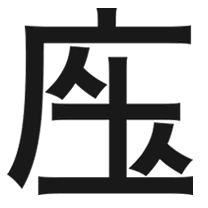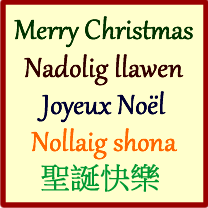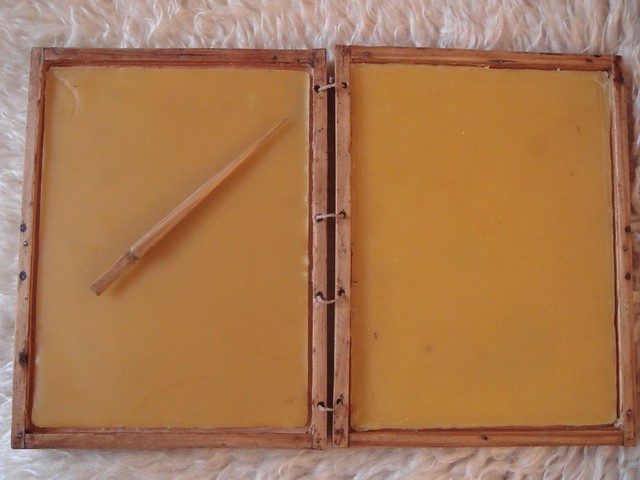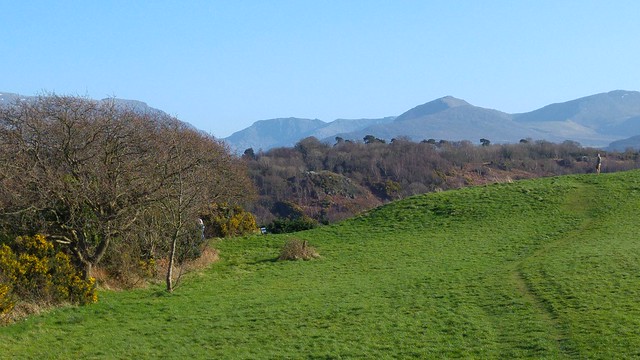
The Japanese word 離れる (hanareru) means to be separated, to be apart, to be distant; to leave, to go away; to leave (a job, etc), to quit, to give up; to lose connection with; to drift away from [source].
It seems quite an appropriate word for this year, and the winner of this year’s kanji invention contest came up with a new kanji to represent these ideas (see the image). It’s pronounced hanarete suwaru or za and means ‘seated apart’ or ‘social distance’.
Social distancing is also ソーシャルディスタンス (sōsharudisutansu) in Japanese.
The new character is based on 座 (suwaru / za) with one of the 人 (hito – person) characters moved to be more distant from the other. 座 means seat, place; position, status; gathering, party, company; stand, pedestal, platform [source].
The kanji contest or, 創作漢字コンテスト (sōsaku kanji kontesuto), is sponsored by the Sankei Newspaper (産経新聞社) and the Shizuka Shirakawa Memorial Institute for Oriental Characters and Culture (白川静記念東洋文字文化研究所) at Ritsumeikan University (立命館大学). It has been held annually for the past 11 years. Over 26,000 entries were submitted this year – mainly from Japan, and some from Taiwan as well, and the winner was Akinobu Yamaguchi (山口明伸) from Yokohama. You’d think there were more than enough kanji already, but obviously not.
I heard about this via Facebook, and it got me wondering if I could come up with any new kanji or hanzi. Have you thought of any new kanji?









